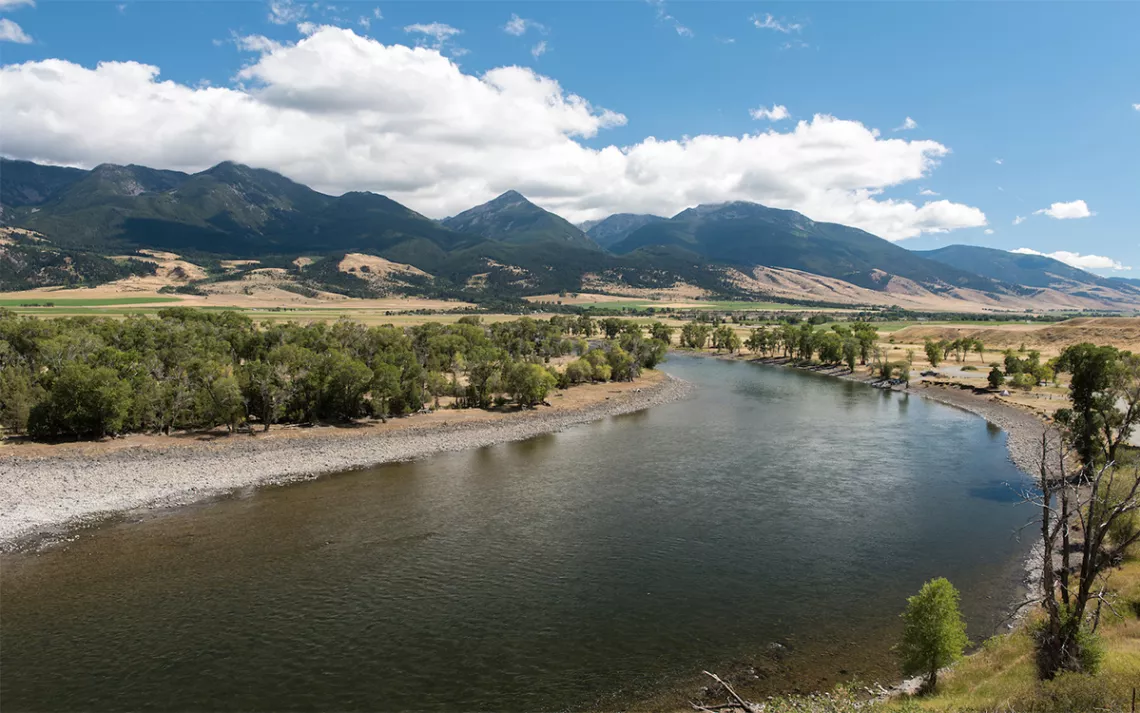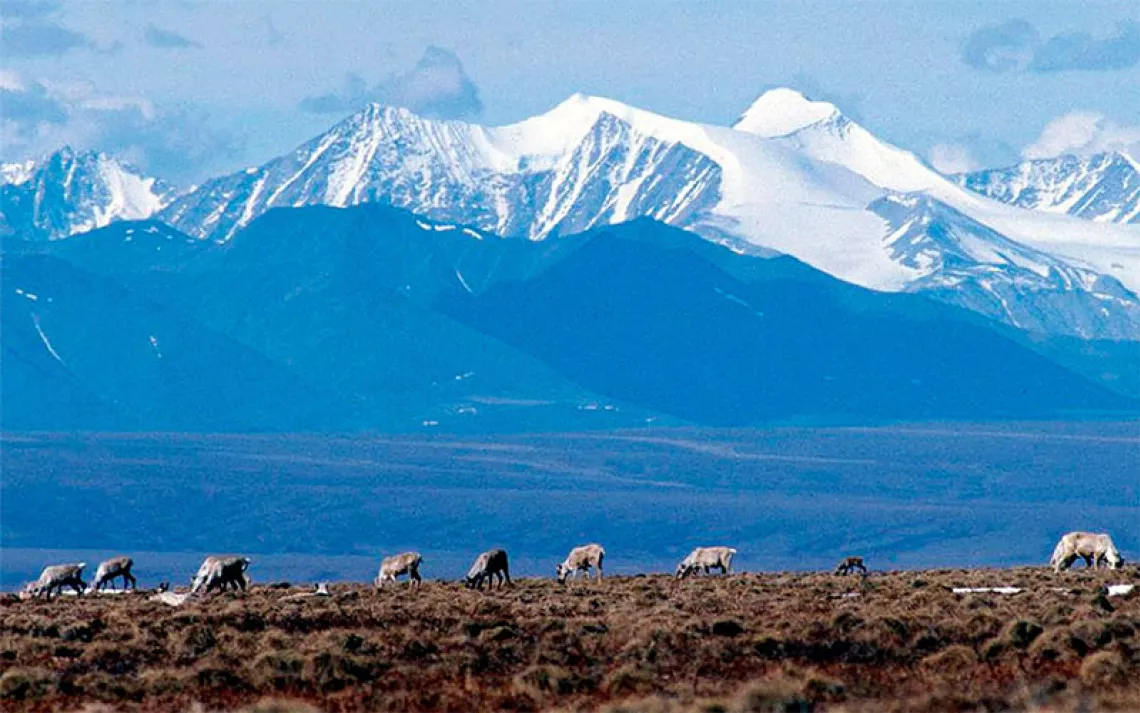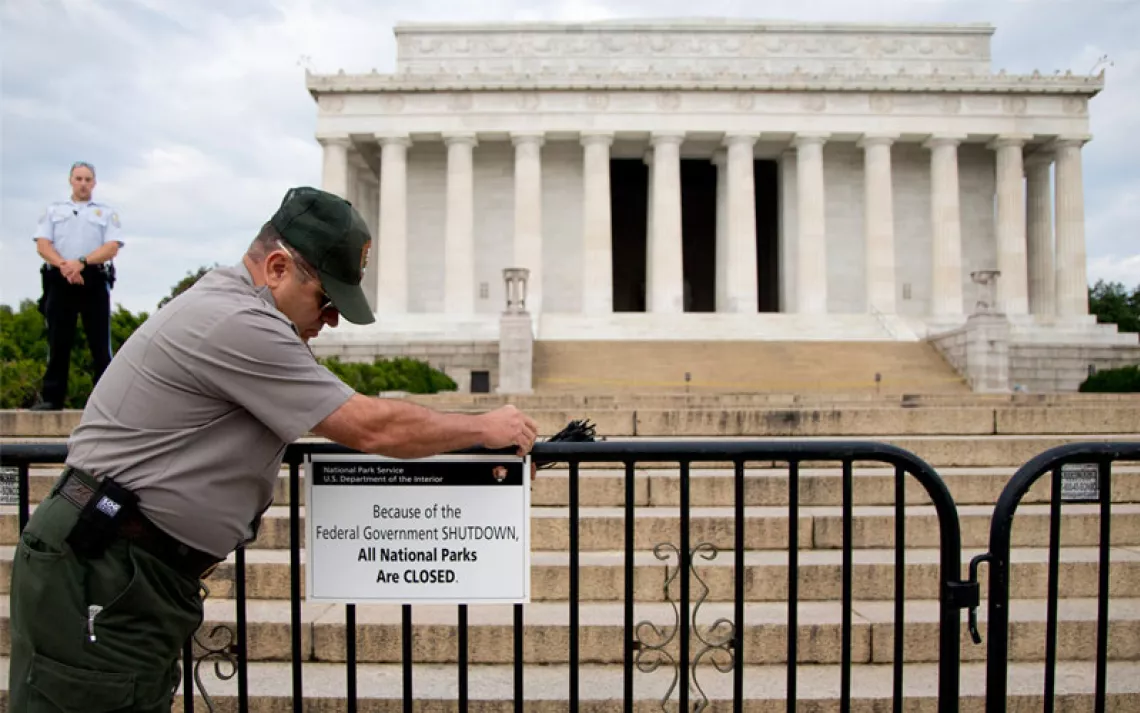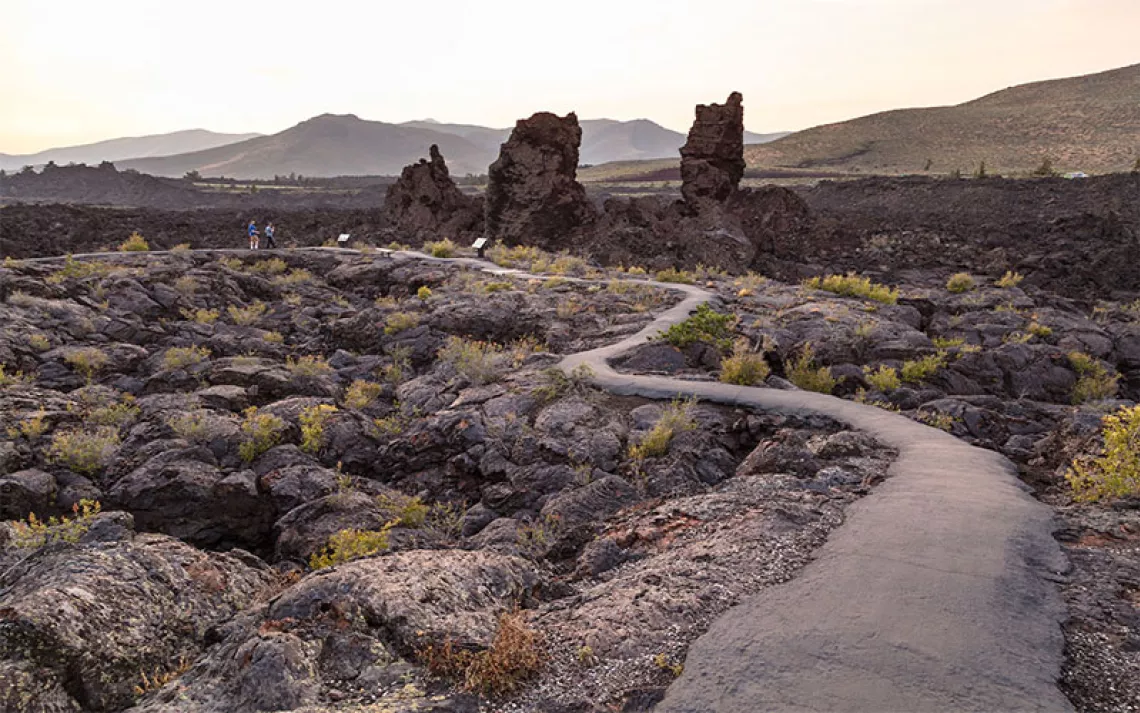A Gold Mine on Yellowstone's Doorstep?
Montanans side with outdoor recreation over gold mines in Paradise Valley

The Yellowstone River in Montana | Photo courtesy of Park County Environmental Council
"People come from all over the world just to fish this river," says Max Hjortsberg, a local ecologist and poet, as his fly arcs through the warm July air. Beyond our drifting boat, a broad bottomland rises to alpine summits. Vaulting a vertical mile from the valley floor, one mountain dominates the rest—Emigrant Peak. If the scenery seems like something out of a movie, that's because it is. Much of A River Runs Through It (1992) was filmed here in the aptly named Paradise Valley, and the anglers and summer-getaway builders have been flooding in ever since. They come here because the country is big and wild and beautiful; when people imagine Montana, this is what comes to mind.
What they're probably not thinking of is industrial-scale gold mining, which is what two companies wanted to do just over the border from Yellowstone National Park. Environmental groups feared that the resource-extraction-friendly Trump administration would OK the projects. It did not, and now Paradise Valley's experience looks like a model for successful land conservation in the Trump era.
The river running through the valley is the fabled Yellowstone, which attracts legions of fly fishers. But for generations, miners have been attracted to the veins of gold in nearby Emigrant Peak, some coming from faraway lands (hence its name). High on Emigrant's slopes, 17 miles from the park and only two miles from the Absaroka-Beartooth Wilderness, British Columbia–based Lucky Minerals has staked claims to 2,500 acres, to drill for what it hoped was a "multimillion-ounce gold deposit." The Crevice Mining Group, a Washington company backed by Australian investors, has proposed another mine for a site directly above the Yellowstone River, in view of park hiking trails.
Such mines could make people far away from Yellowstone very wealthy. But, Hjortsberg says, "their economic prosperity would threaten everyone else's."
That's because gold mines have a poor track record of containing their acid drainage, which pollutes water and wipes out aquatic life. A report by Earthworks, a mining-policy watchdog group, says that 74 percent of operating gold mines pollute surface water and/or groundwater: "When gold mines don't pollute water, it's almost always because there's no water nearby."
And Paradise Valley depends on the waters of the Yellowstone. On top of the money spent by all the national park visitors, anglers pump $70 million a year into the local economy. From the fly-fishing capital of Livingston to the park-gateway town of Gardiner, Paradise Valley enjoys a vibrant tourist economy, including hundreds of small businesses. "Without the river," Hjortsberg says, "there wouldn't be an economy in this valley."
Bryan Wells has lived at the mouth of Emigrant Gulch for 44 years. If the Lucky Minerals mine were ever approved, its trucks would drive the rough dirt road past his house and through his property. A self-avowed conservative, Wells comes from a mining family, as does his wife. But he has seen firsthand how previous mining companies have declared bankruptcy rather than clean up their sites. "They say they'll use modern technology," he says, "but the technology I see them using is Chapter 11."
The citizens and business community of Paradise Valley saw the mines as an existential threat and banded together in 2015 to form the Yellowstone Gateway Business Coalition. With over 360 businesses and the county's three commissioners on board, the group pressured Montana's congressional delegation. Wells is a founding member; he's traveled by train from Montana to Washington, D.C., to lobby them personally. He's pro-mining, he says, but not in Paradise Valley.
Their efforts first paid off in November 2016, when the then secretary of the interior, Sally Jewell, announced a two-year moratorium on all mining on federal land in the area. With the election of Donald Trump, the future became less clear. The business coalition persisted, stressing in its meetings with Montana's congressional delegation and Interior Secretary Ryan Zinke (who was Montana's congressman until his cabinet appointment) that gold mines would threaten the valley's thriving economy. The county's unemployment rate is only 2.9 percent—well below state and national averages—and its personal-income base, adjusted for inflation, is about to reach an all-time high.
"Gold mining has ups and downs," says Wells, "but visitation [to Yellowstone National Park] has been growing virtually without a hiccup for over 70 years. That's what I call dependable. Even the recession in '08 didn't affect us; our economy now is recession proof."
So when the Montana Department of Environmental Quality approved Lucky's exploratory drilling plan in Emigrant Gulch on July 26, it sent tremors through the region. Still, without approval to expand to surrounding federal land, the mines couldn't move past exploration.
Which put Zinke, who fished in the valley as recently as last year (and gave supporter Wells a call while in the area), in a pivotal position. The watershed moment came on August 28: The secretary of the interior announced support for a 20-year moratorium on all mining in Paradise Valley. Some procedural hurdles remain, but by the time you read this, the ban is expected to be in place.
"It feels good," Wells says. "This nonpartisan campaign by the business coalition, with folks of all stripes, has been a great success. But we still have a ways to go."
The coalition's new focus is making the protection permanent. Senator John Tester, a Democrat, has introduced a bill to ban mining in the valley, but Senator Steve Daines and Representative Greg Gianforte, both Republicans, have yet to support it, even though they've opposed the current mine proposals.
This article appeared in the November/December 2017 edition with the headline "All That Glitters Is Not Gold."
WHAT YOU CAN DO
Call the Capitol switchboard (202-224-3121) and urge your senators to support S. 941, the Yellowstone Gateway Protection Act, to permanently ban gold mining in the area.
MORE
Read a profile of pro-Trump, anti–gold mining activist Bryan Wells: sc.org/wells.
 The Magazine of The Sierra Club
The Magazine of The Sierra Club







